A year without fans lays bare football’s true soul
Photographer Carl Recine has captured the eerily empty stadiums throughout the pandemic
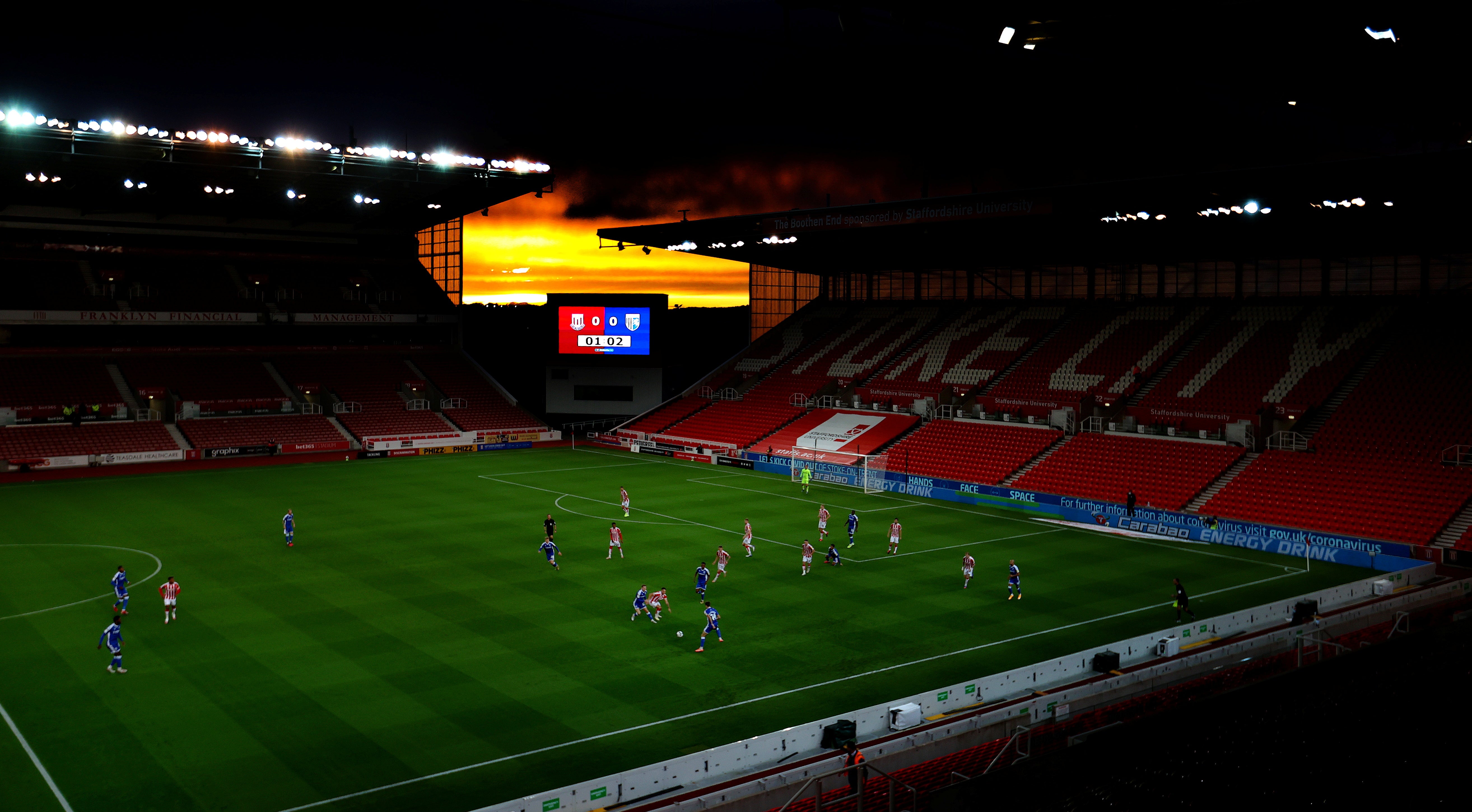
Your support helps us to tell the story
From reproductive rights to climate change to Big Tech, The Independent is on the ground when the story is developing. Whether it's investigating the financials of Elon Musk's pro-Trump PAC or producing our latest documentary, 'The A Word', which shines a light on the American women fighting for reproductive rights, we know how important it is to parse out the facts from the messaging.
At such a critical moment in US history, we need reporters on the ground. Your donation allows us to keep sending journalists to speak to both sides of the story.
The Independent is trusted by Americans across the entire political spectrum. And unlike many other quality news outlets, we choose not to lock Americans out of our reporting and analysis with paywalls. We believe quality journalism should be available to everyone, paid for by those who can afford it.
Your support makes all the difference.A year ago at The Shay, home to fifth-tier English football club Halifax FC, fans followed time-honoured traditions – they walked to the match from local pubs and queued for pie at half time.
But the 2,000 or so supporters also sensed things were about to change. While they could watch their team play that day, games in leagues above them had been cancelled across England as the coronavirus pandemic spread.
“I have a feeling this might be the last football match that takes place in the country for a good while,” said fan Nathan Sinclair.
He was right.
For over three months, there was no football of any kind in England, where it is by far the most popular sport.
The Premier League – the world’s richest – and the Football League returned in mid-June, while teams such as Halifax in the tier below had longer to wait.
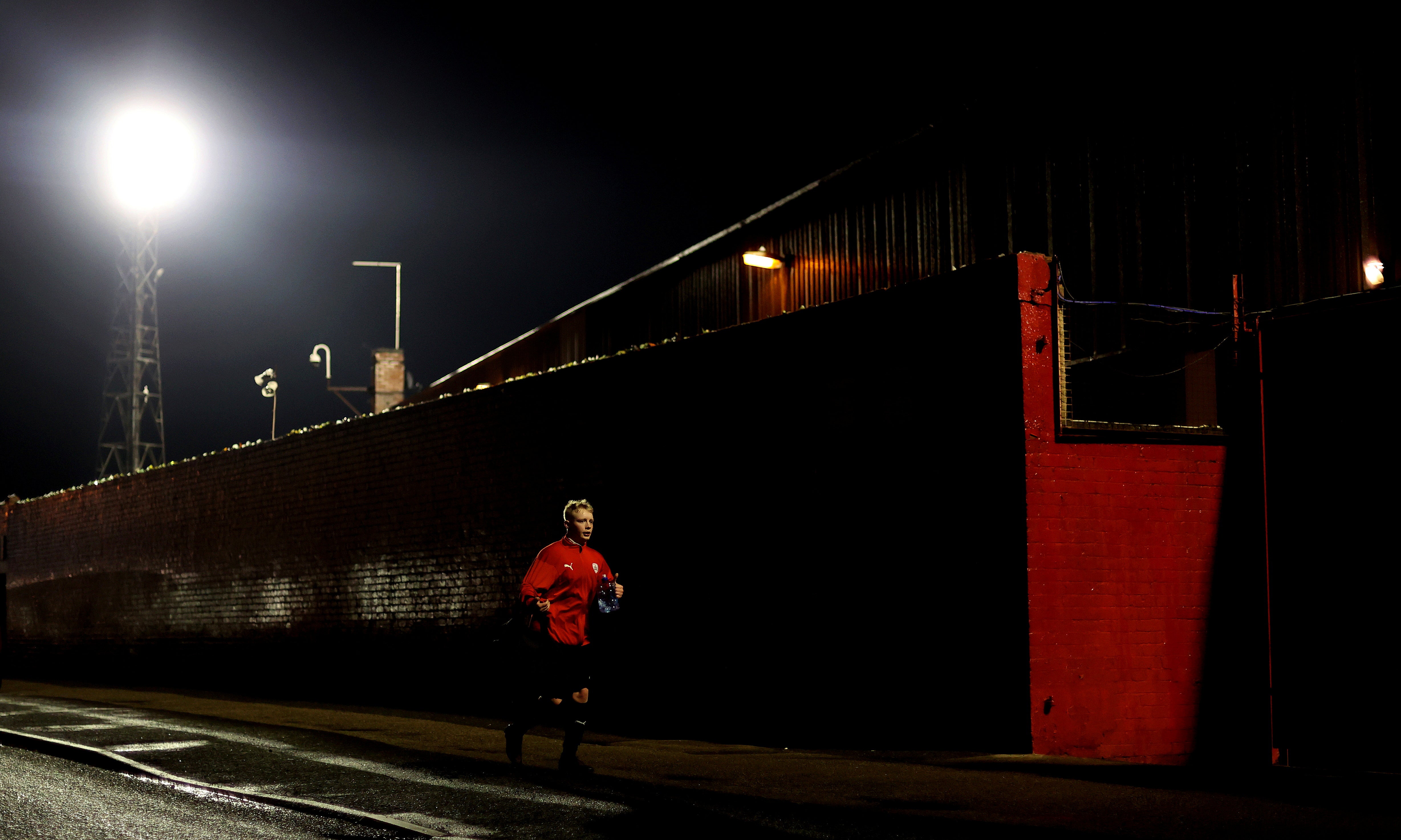
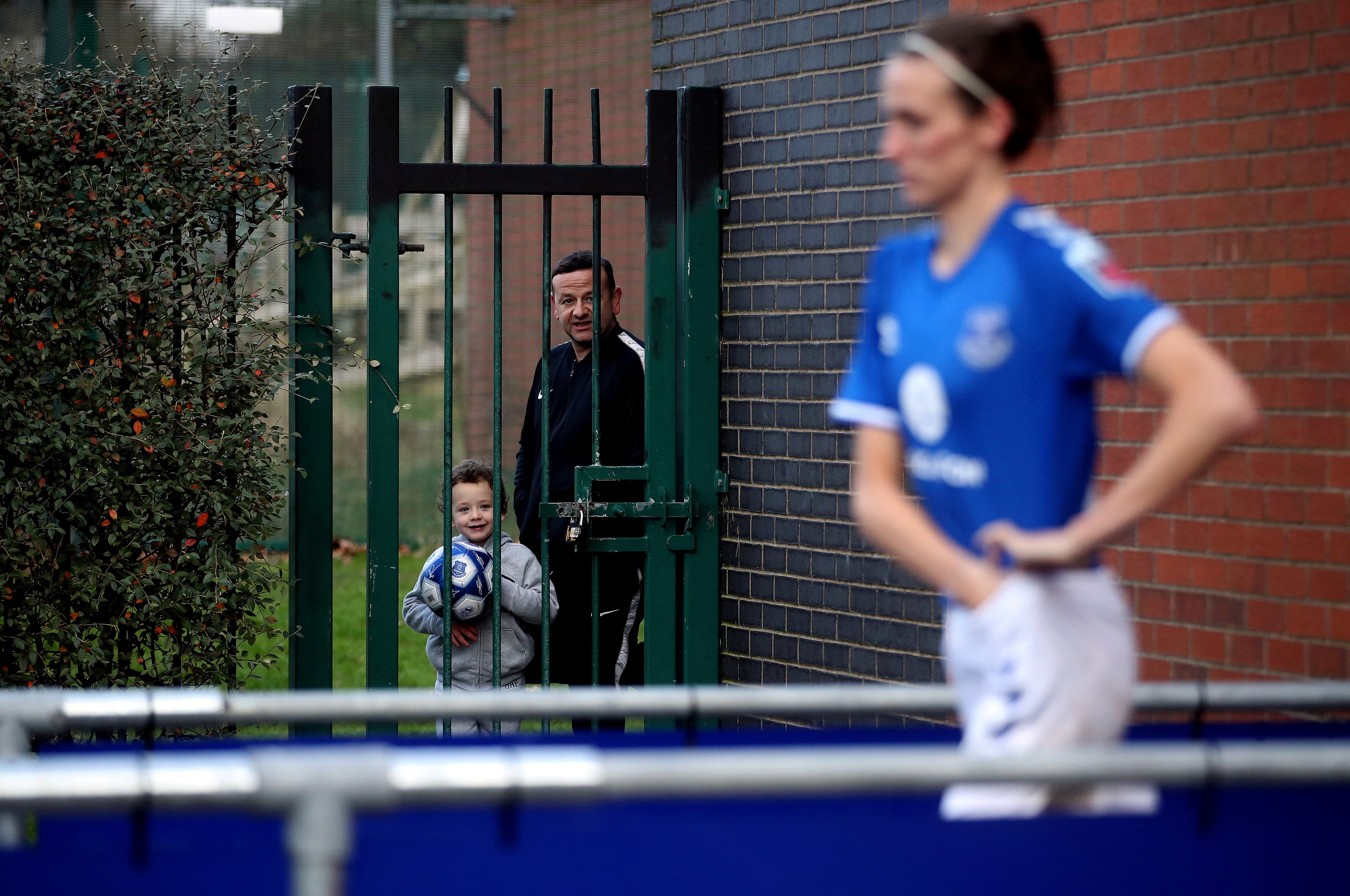
Across the spectrum games have restarted on the field, yet stadiums remained empty barring a handful of exceptions in December, depriving the sport of its lifeblood.
Fans have been able to watch from home only, and what they have seen is a recognisable game in an unrecognisable context, despite efforts to compensate for the absence of crowds.
Clubs have covered empty seats with banners, flags, advertising and slogans, and in some cases cut-out faces of fans, while broadcasters use simulated crowd noise. But attempts to mitigate the lack of crowds can only do so much.
Players have struggled as well as supporters.
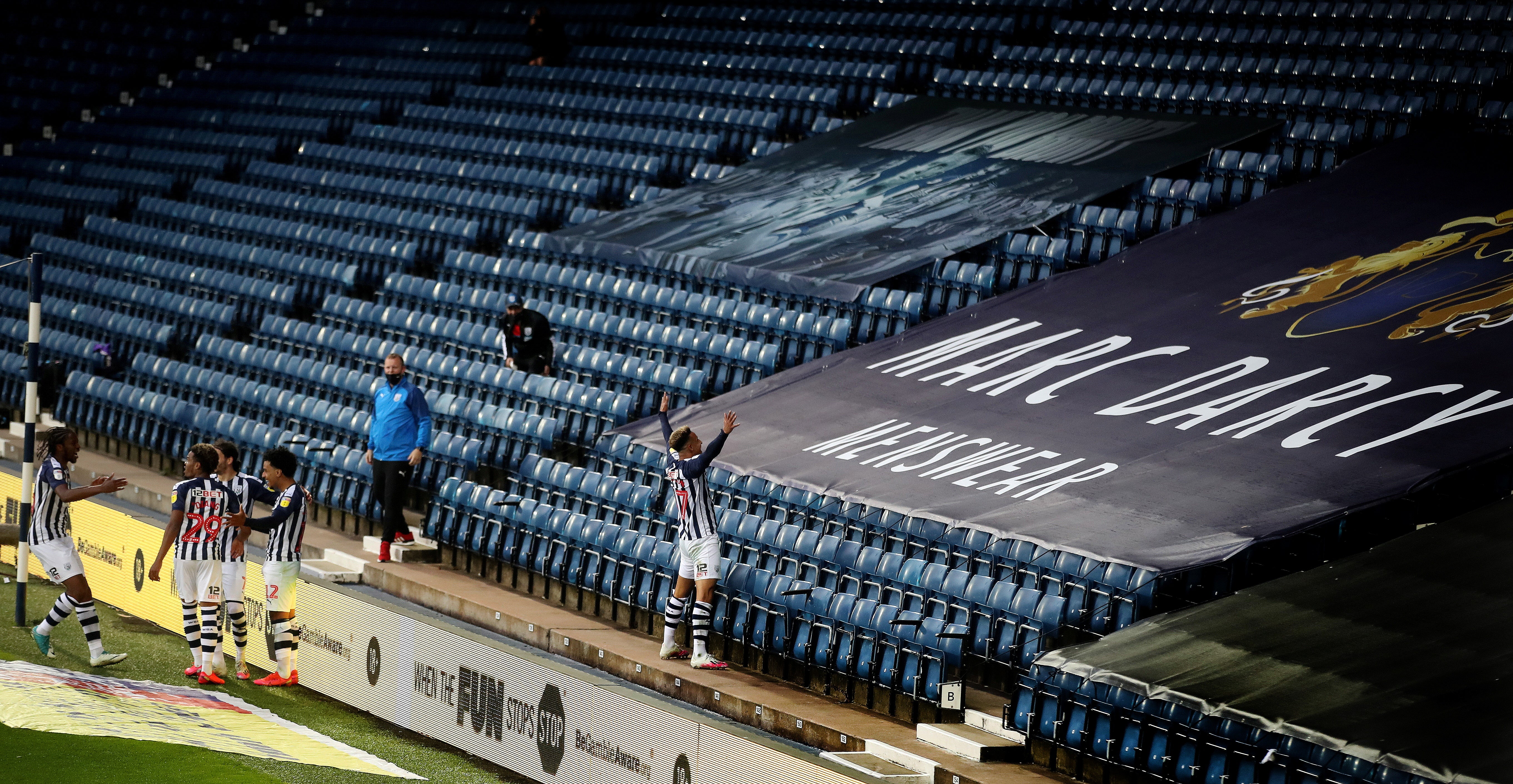
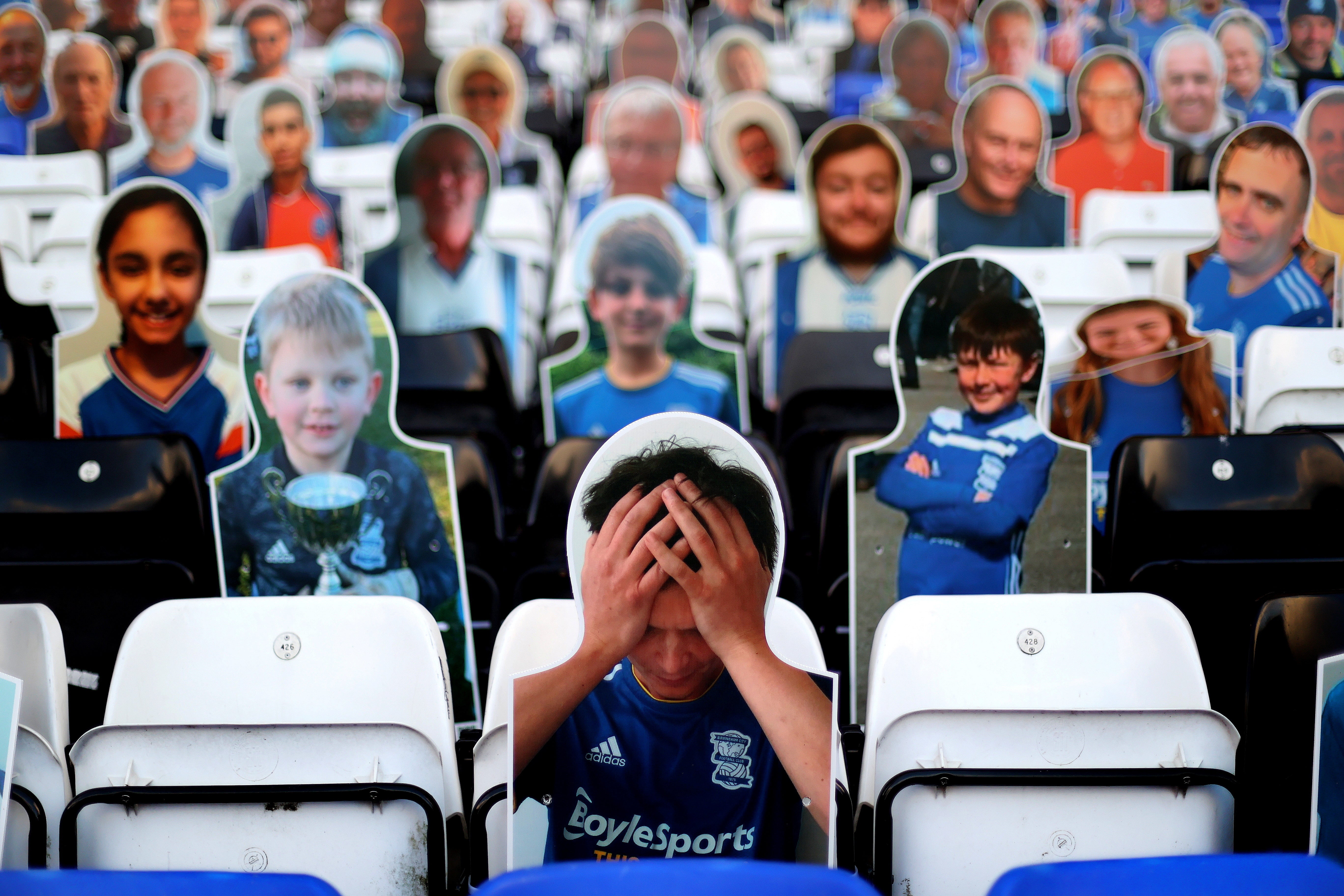
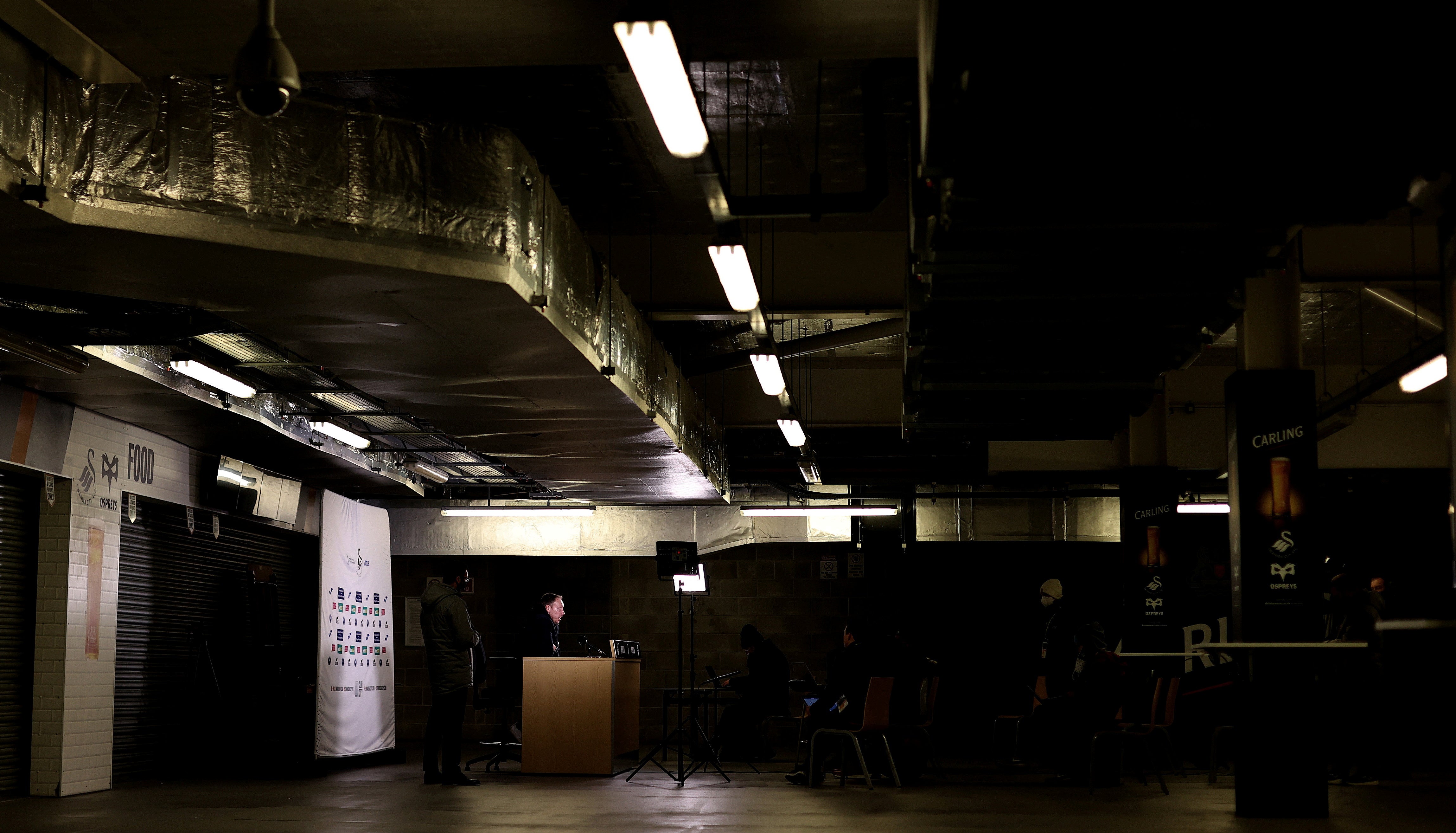
“It’s horrible to play without fans, it’s a very ugly sensation,” said Barcelona forward Lionel Messi, whose great rival Cristiano Ronaldo agreed.
“Playing without fans is like going to the circus and not seeing clowns, it’s like going to the garden and not seeing flowers,” said the Juventus forward.
For the small number of media allowed to attend games, the reality had been laid bare – a football match without fans is a soulless occasion.
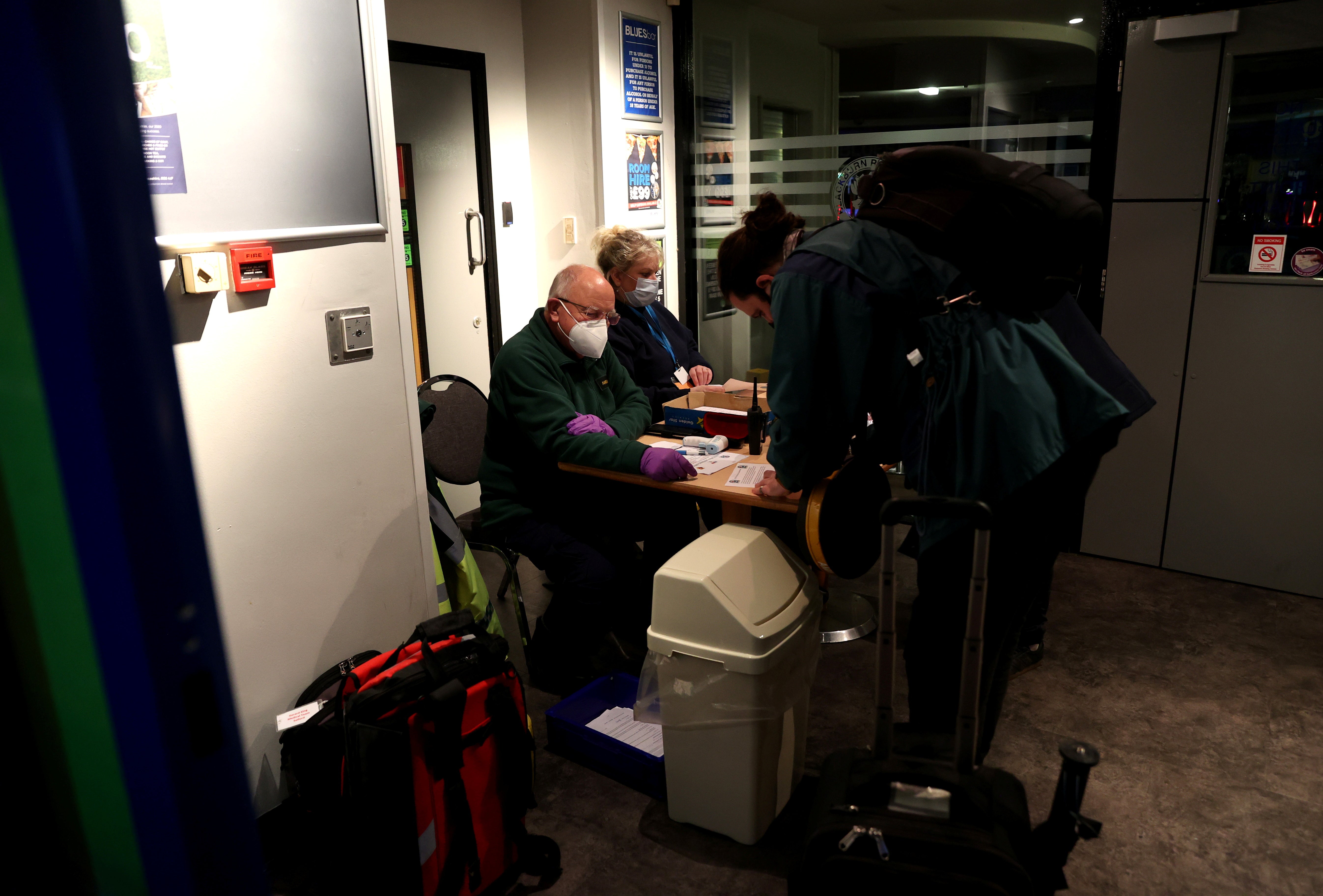
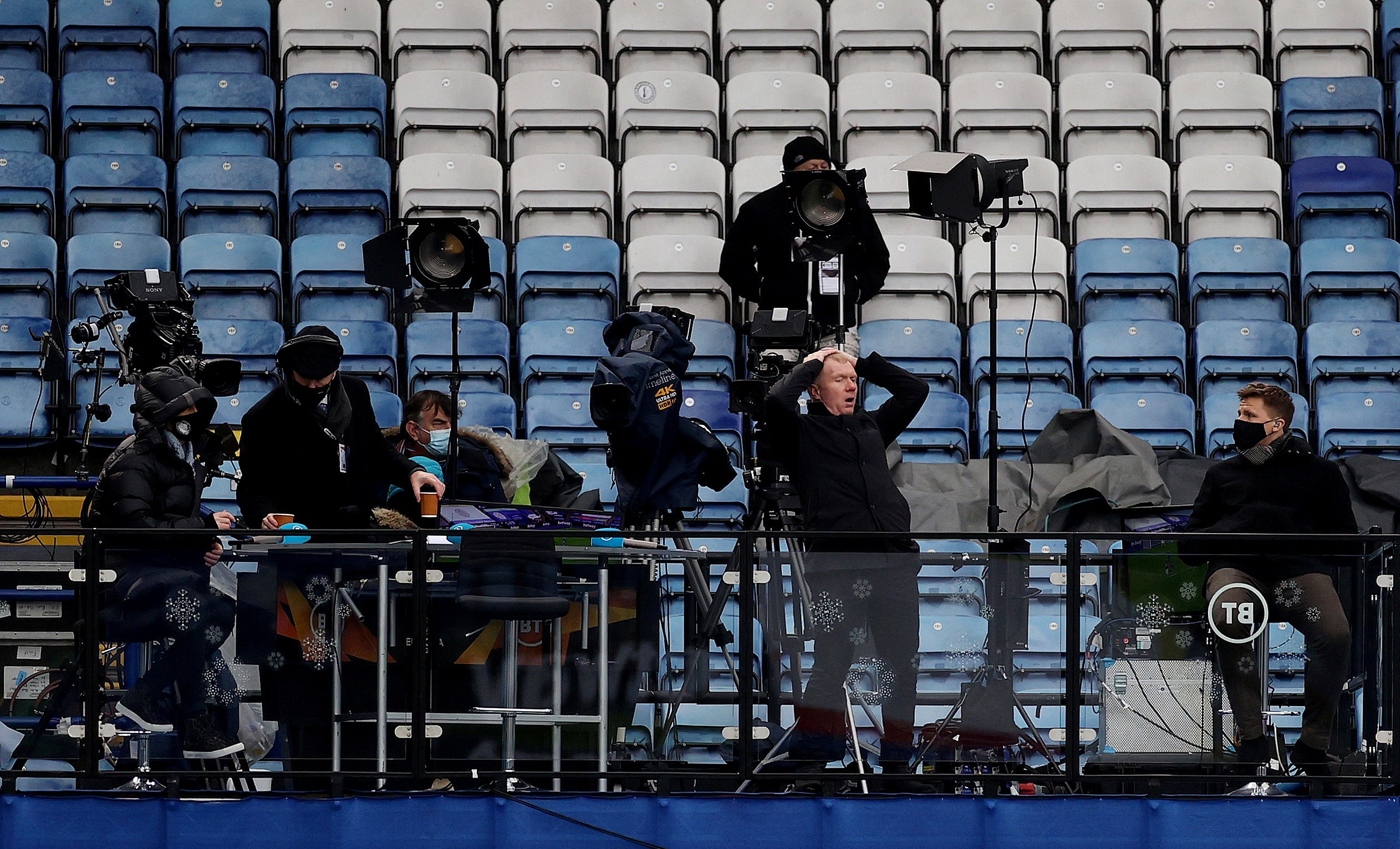
Technique and tactics, endeavour and athleticism are there to be admired, but much of what makes a professional match special is strikingly absent.
It is not only the roar of a crowd when a goal is scored that is missing, but groans of frustration and applause of appreciation. The emotion has gone.
That makes life harder for the 22 players on the field and the support staff on the sidelines.
“Not seeing anyone in the stadium makes it like training, and it takes a lot to get into the game at the beginning,” said Messi.
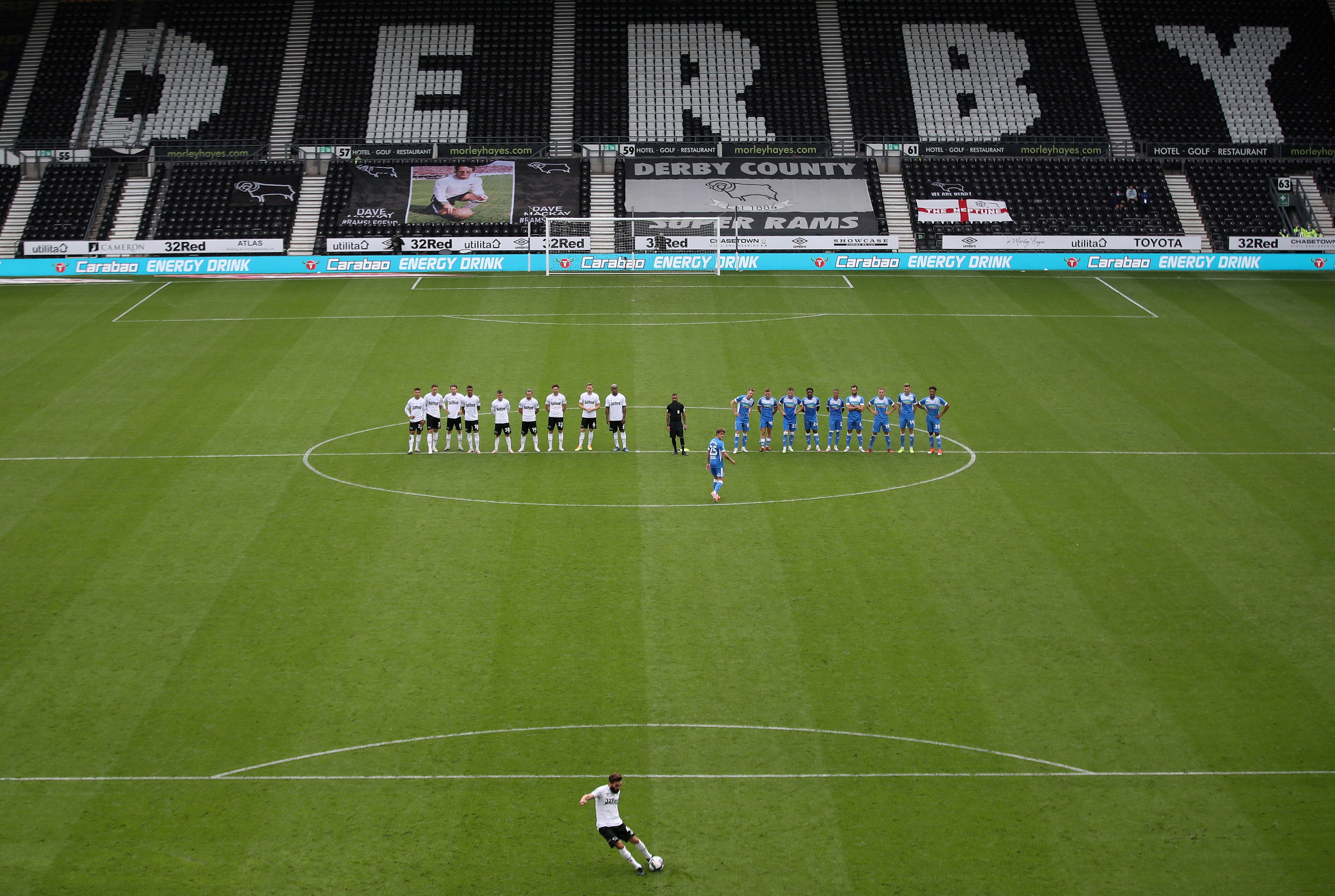
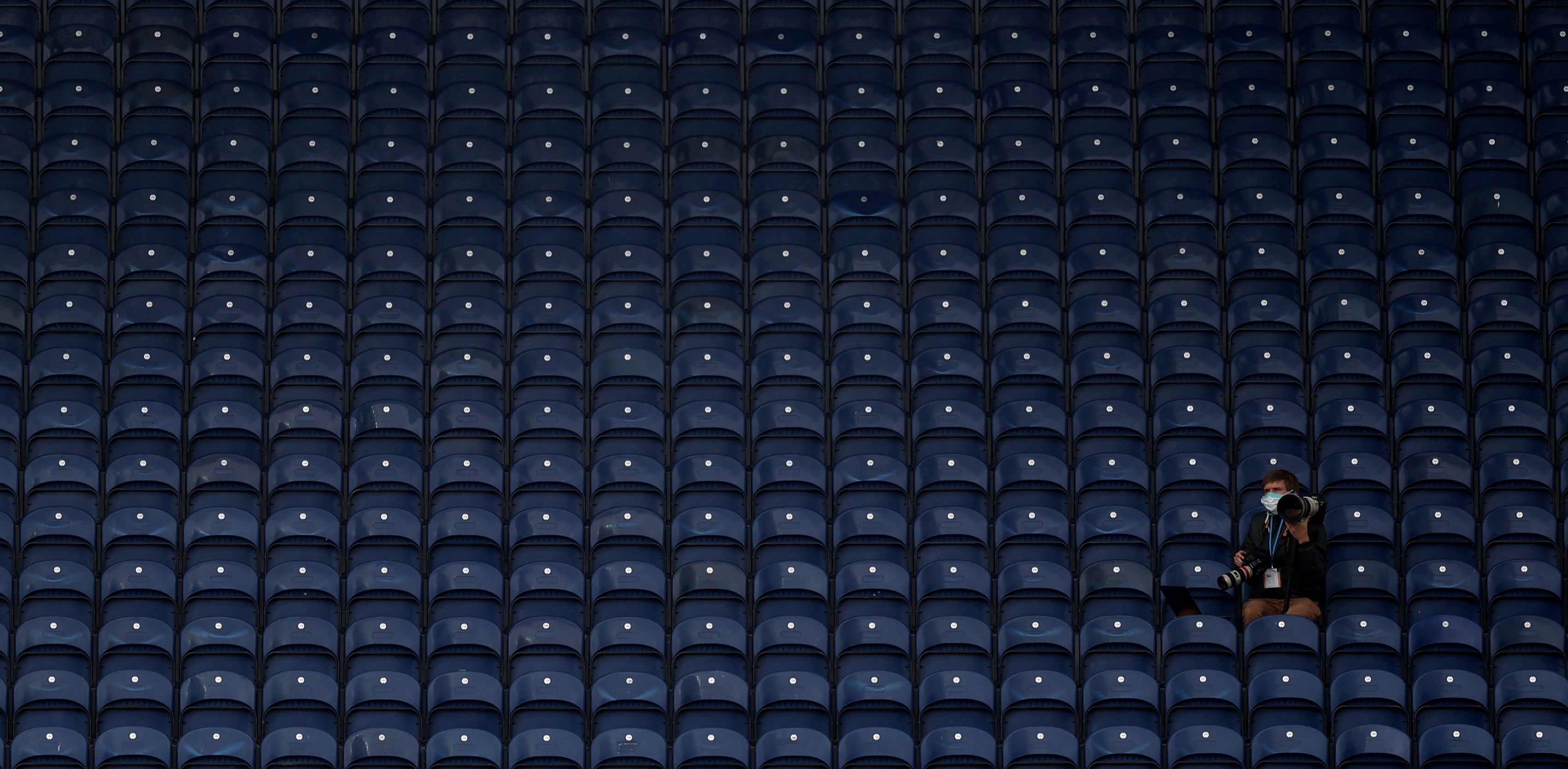
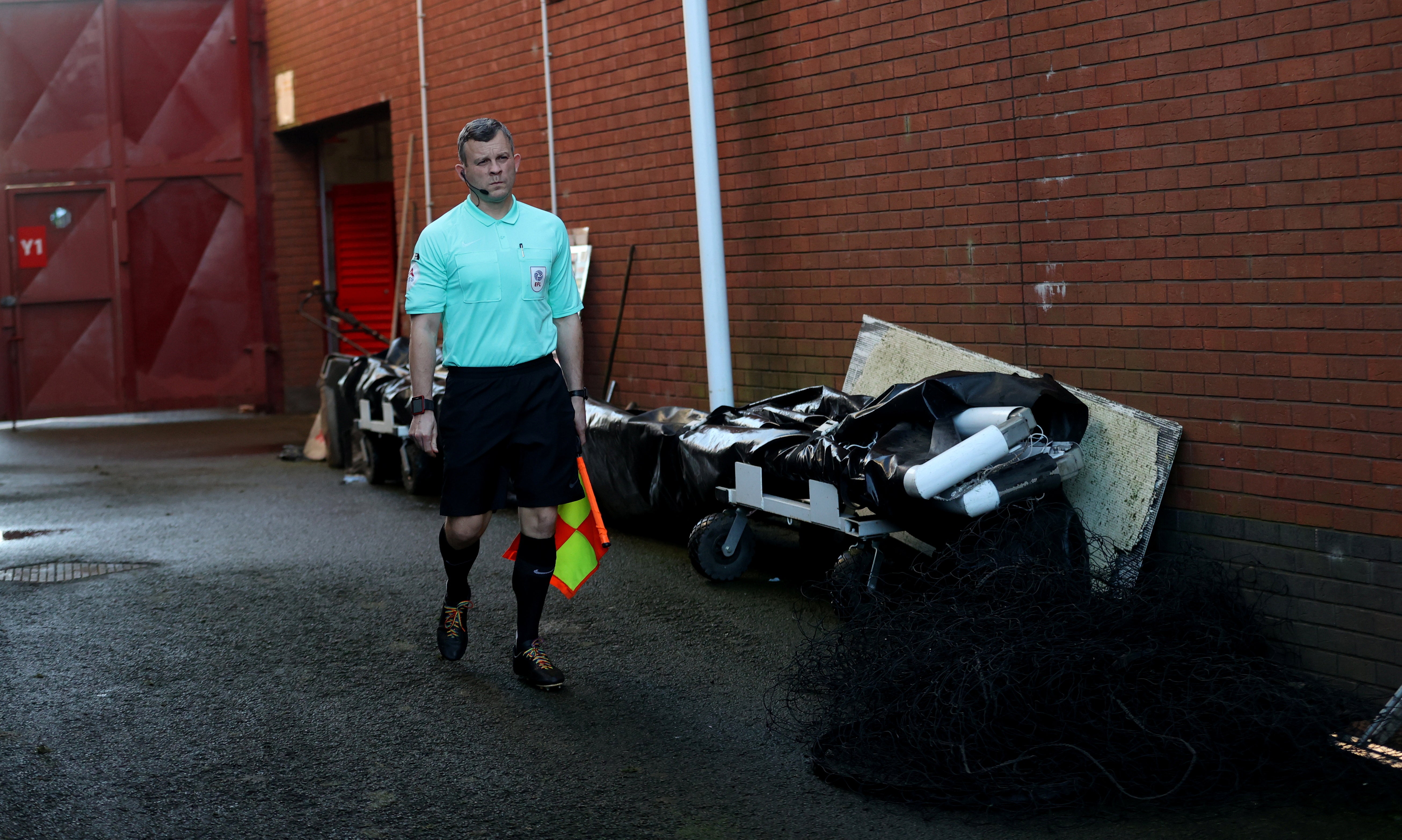
For reporters, watching live football has been both a privilege and a stark reminder of what has been missing from our lives for the past 12 months – being together with friends, switching off from work and enjoying a drink, a joke, a celebration, an argument.
As the game in England prepares for the return of fans, their long absence might prompt the sport’s administrators to reflect on what really counts.
Read more:
A fearless young gymnast following in the steps of Simone Biles
Life as a 10-year-old, 13-stone sumo in training
The language of football is often that of a business – not surprising given it is a multibillion-dollar global industry.
But the last year has shown that the sport has missed its passionate supporters as much as they have missed the sport.
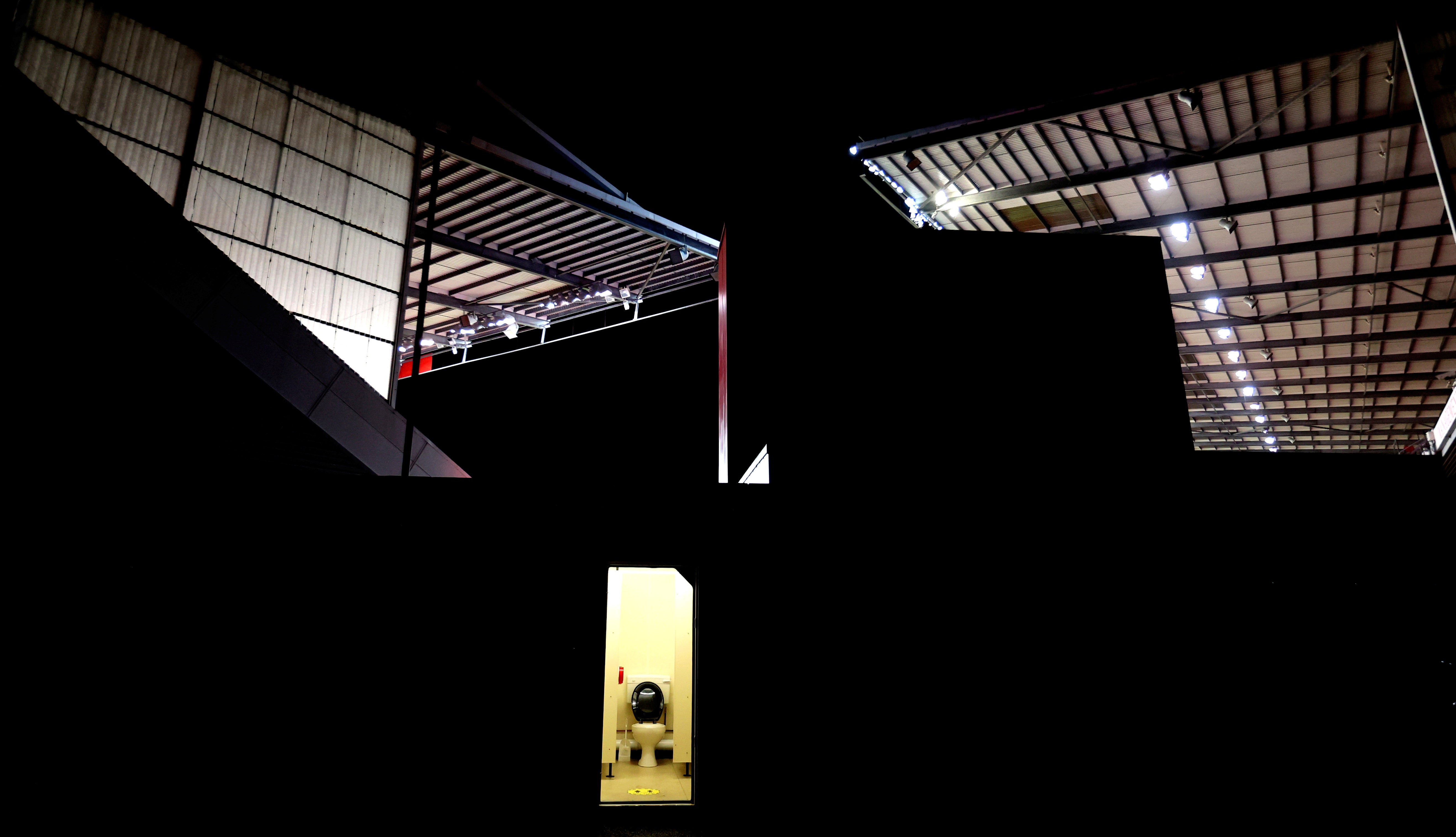
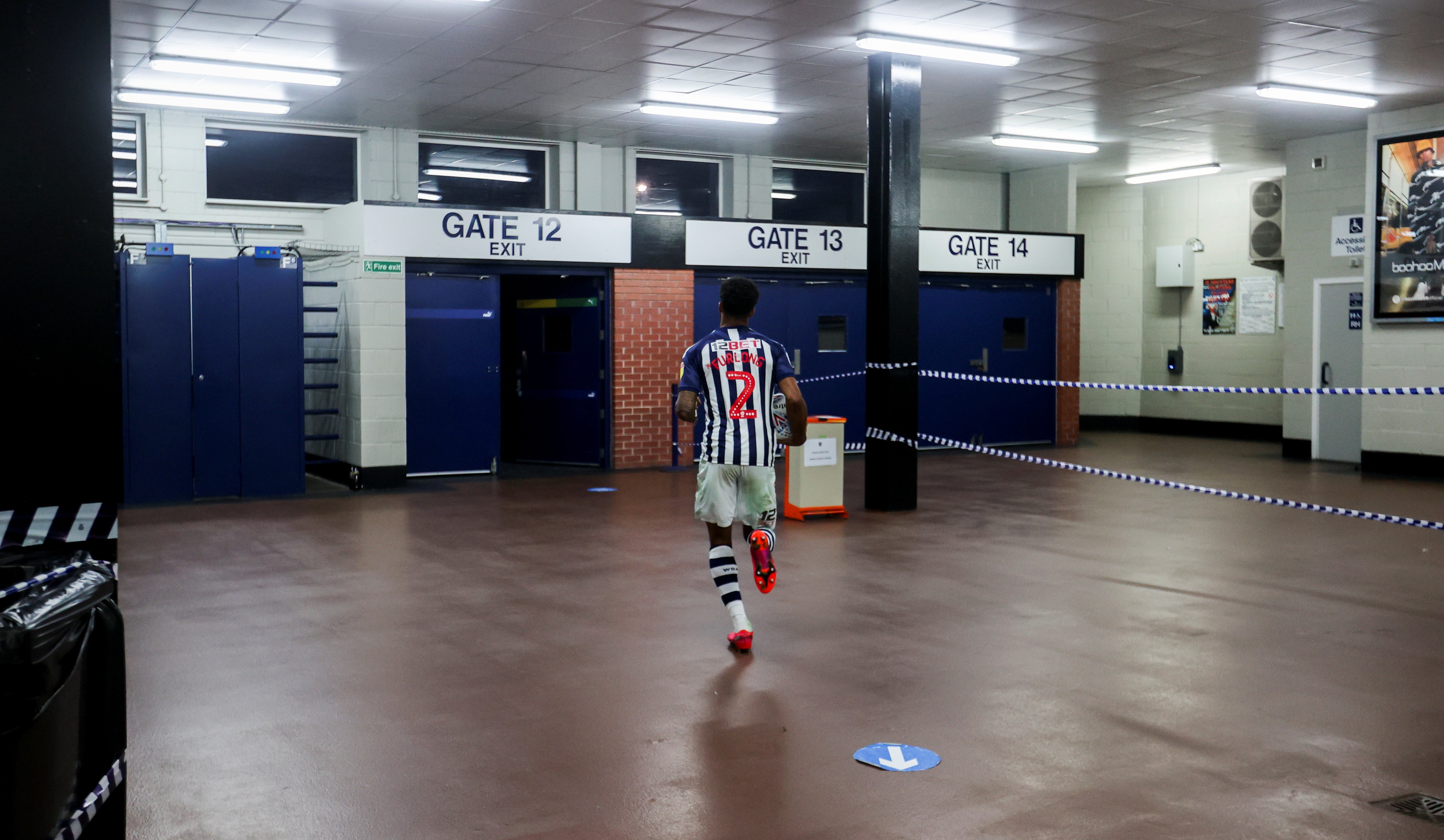
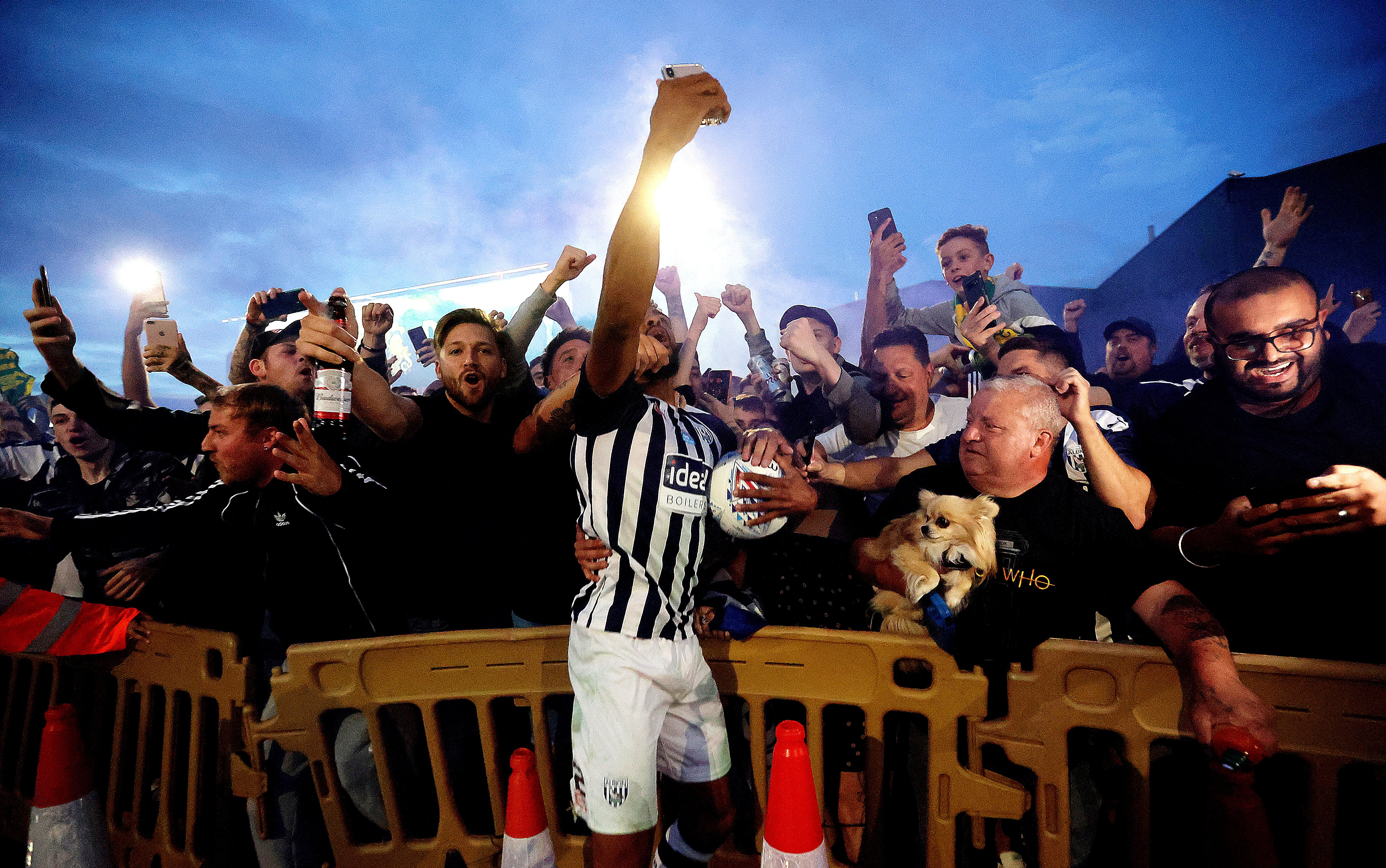
English novelist JB Priestley summed up almost a century ago the escapism and drama that standing in the crowd can bring:
“... there you were, cheering together, thumping one another on the shoulders, swopping judgements like lords of the earth, having pushed your way through a turnstile into another and altogether more splendid kind of life, hurtling with conflict and yet passionate and beautiful in its art.”
Reuters
Join our commenting forum
Join thought-provoking conversations, follow other Independent readers and see their replies
Comments